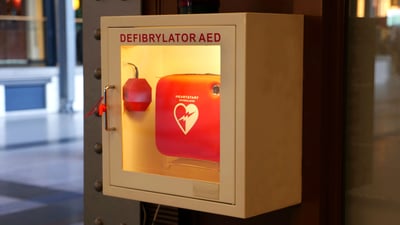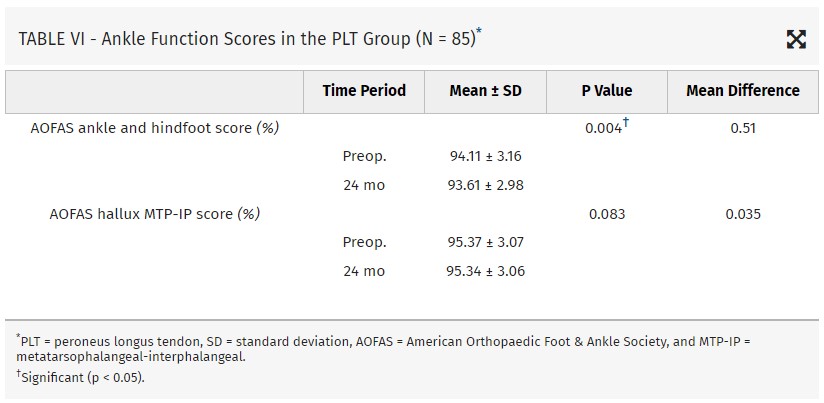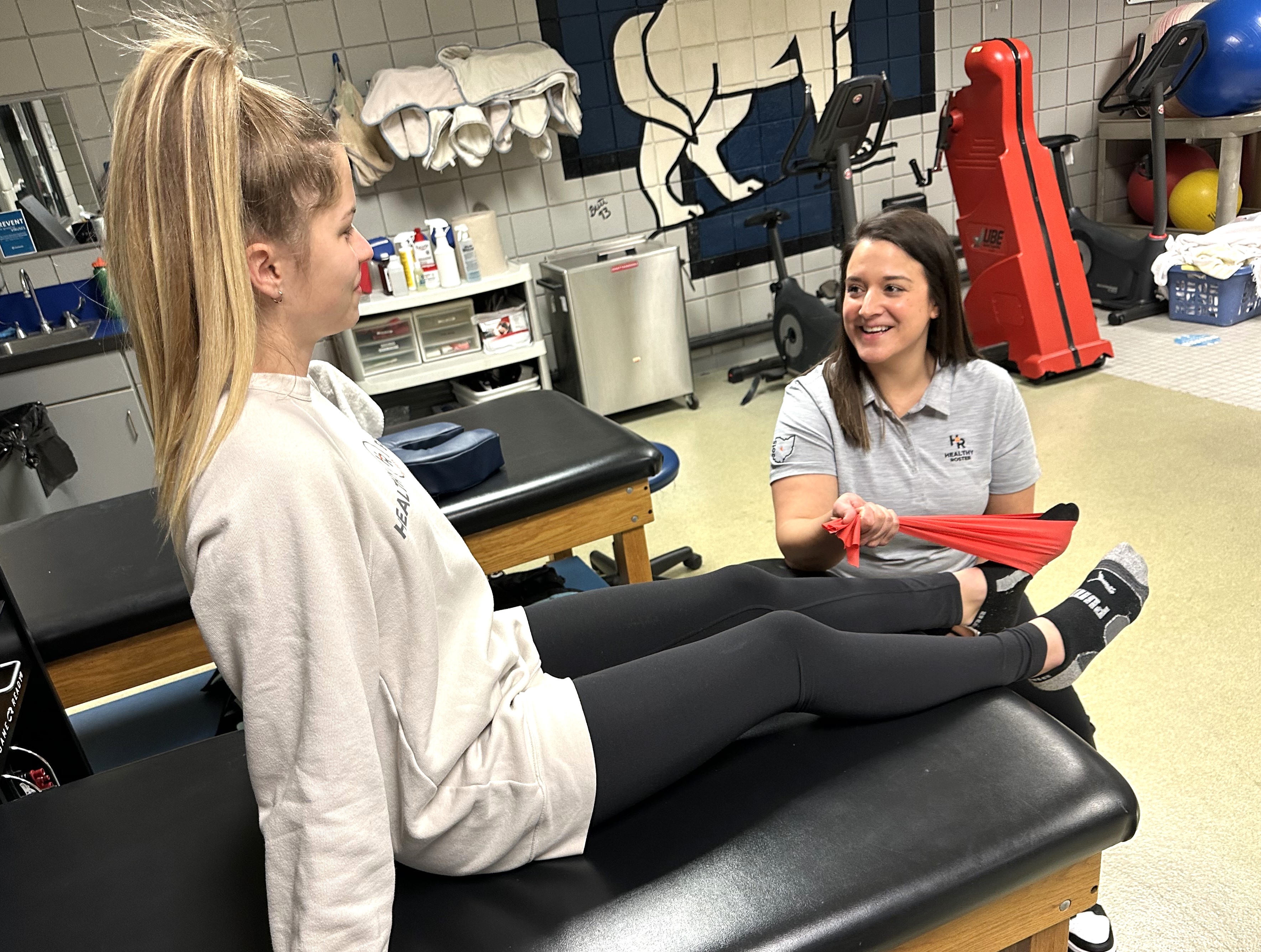Pay Extra to a Doctor to Get an AED? In Kentucky.... Yes. For Now.
 In a bid to make life-saving Automatic External Defibrillators (AEDs) more accessible, Kentucky is revisiting a decades-old law, spotlighting the crucial role of these devices in emergency situations.
In a bid to make life-saving Automatic External Defibrillators (AEDs) more accessible, Kentucky is revisiting a decades-old law, spotlighting the crucial role of these devices in emergency situations.
 Stephanie Kuzydym, a Louisville Courier-Journal reporter known for her extensive coverage on sudden deaths in high school sports, brings to light the legislative efforts aimed at amending the AED law to remove barriers hindering their widespread adoption.
Stephanie Kuzydym, a Louisville Courier-Journal reporter known for her extensive coverage on sudden deaths in high school sports, brings to light the legislative efforts aimed at amending the AED law to remove barriers hindering their widespread adoption.
House Bill 22, spearheaded by Rep. Phillip Pratt, R-Georgetown, aims to update the existing law by eliminating the requirement for medical oversight by a licensed physician—a stipulation believed to have deterred small businesses and public entities from acquiring AEDs.
"The physician language is now considered antiquated."
Legislators and sports medicine experts told Kuzydym, highlighting a shift towards making AEDs more user-friendly and accessible.
The urgency of revising the law was further underscored by a dramatic incident during a Monday Night Football game last year, where an AED was crucial in saving a player's life. This event, among others, has fueled discussions on the importance of having AEDs readily available, particularly in schools and sports settings.
Athletic Trainers and school nurses have been pivotal in ensuring schools comply with AED laws, despite the financial burden associated with the physician oversight requirement.
Scott County athletic director DT Wells's testimony to the House's Small Business & Information Technology Committee about the prohibitive cost of physician oversight echoes the broader concerns within the community. Wells argued:
"That's $3,000 that could be invested instead in another AED."
As Kentucky lawmakers push for change, the story highlights the broader implications for public health and safety, emphasizing the need for legislative updates to reflect the advancements in medical technology and practice.
With House Bill 22 progressing through the legislature, there's hopeful anticipation that Kentucky will soon join other states in modernizing its approach to AED accessibility, ensuring that life-saving technology is within reach when seconds count.
Read the full article from Stephanie Kuzydym here!
![HR Logo [Recovered]_Full Color Vertical-1](https://blog.healthyroster.com/hs-fs/hubfs/HR%20Logo%20%5BRecovered%5D_Full%20Color%20Vertical-1.png?width=199&height=178&name=HR%20Logo%20%5BRecovered%5D_Full%20Color%20Vertical-1.png)
 By
By


